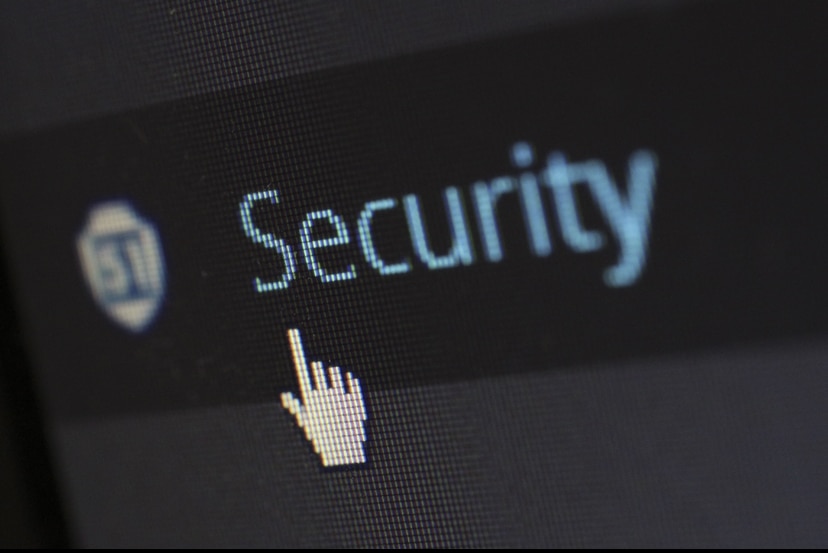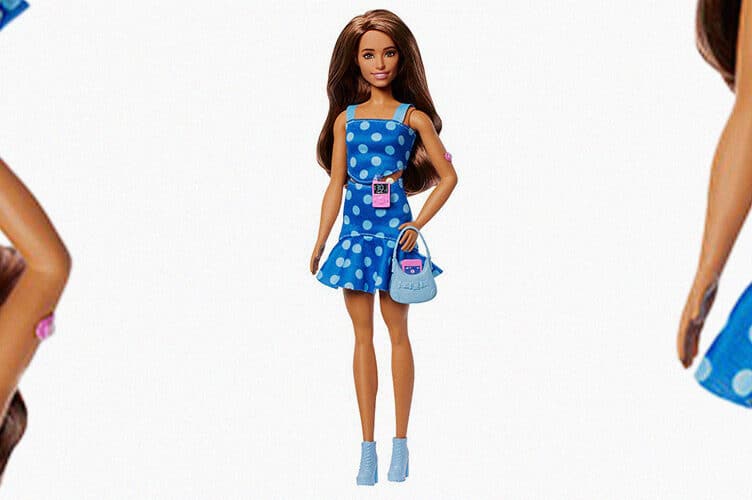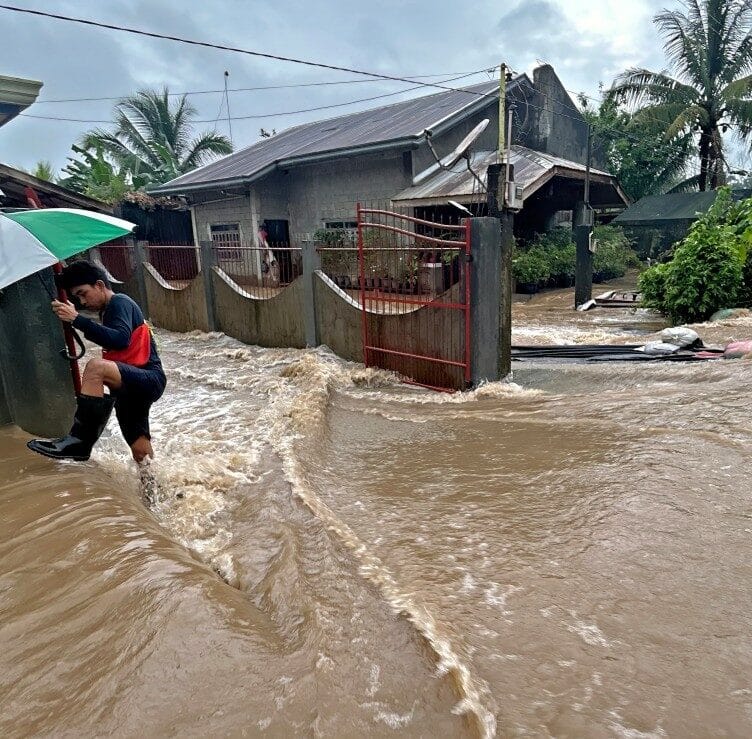PEOPLE need to practice personal hygiene to protect themselves from viruses and diseases; but they also need to practice “cyber hygiene” to protect their hard-earned money from being stolen by online scammers.
The Bangko Sentral ng Pilipinas will be ramping up its efforts this year to improve Filipinos’ knowledge on how to protect their money and personal data.
The BSP has teamed up with the Bankers Association of the Philippines (BAP) and the Bank Marketing Association of the Philippines (BMAP_ to conduct a “Check-Protect-Report” information drive to promote cyber hygiene among Filipinos.
Cyber hygiene refers to practices and steps that users of digital devices and financial services take to ensure online security.
The campaign also seeks to boost consumers’ confidence in electronic payments systems.
Check
According to the BSP, “check” means being careful about sharing your information with other parties.
It said legitimate banks and financial institutions would only ask for personal data when it’s the clients themselves who initiated the call through official channels.
People should also verify the authenticity of a website by checking its web address.
In case people receive an email or text message claiming to be from the bank, they should verify this directly with the bank or financial institution.
Protect
Practicing protective measures means safeguarding and not sharing personal data to senders of random text messages or emails.
Banks and financial institutions will never ask for personal information through text or email, according to the BSP. And people should only transact through the official websites of these institutions, it said.
Report
The BSP said financial consumers should immediately inform their banks about suspicious transactions they encounter.
Here are more tips from the BSP on how to protect digital transactions:
Use multifactor authentication– The BSP recommends using two or more methods for identity verification before accessing the account. These could include a one-time PIN and biometric authentication.
Activate transaction alerts and notifications for digital transactions– The BSP said this would help people know if their online accounts have had an unauthorized transaction or were used for fraudulent activities.
Use strong passwords– These should be not be easily decoded from personal information such as the user’s name, birthdate, or address. Passwords should also be updated regularly.
BSP Governor Felipe Medalla said he wants the public to cultivate the “CPR” practices as a habit amid the growing number of digital transactions in the country.
“It is expected to enhance financial consumer welfare, further strengthen confidence in the use of electronic payments, and therefore promote growth,” Medalla said.
This would also support the BSP’s drive to digitalize half of the volume of retail payments and include 70 percent of Filipino adults in the formal financial system by this year, he said.
BAP president Antonio Moncupa said group’s participation in the cyber hygiene campaign complements its own drive to keep the banking public informed about the schemes of cybercriminals.
“Central to this goal is the protection of the banking public’s hard-earned funds which can only be achieved with the joint effort by the financial institutions, government agencies and the customers themselves,” Moncupa said.
BMAP president Mai Gacilo Sangalang said the country’s social media savvy population makes it more vulnerable to cyberattacks and fraud incidents, and appealed to the public to be vigilant and to not be complacent with their cybersecurity.
How useful was this post?
Click on a star to rate it!
Average rating 0 / 5. Vote count: 0
No votes so far! Be the first to rate this post.
We are sorry that this post was not useful for you!
Let us improve this post!
Tell us how we can improve this post?








